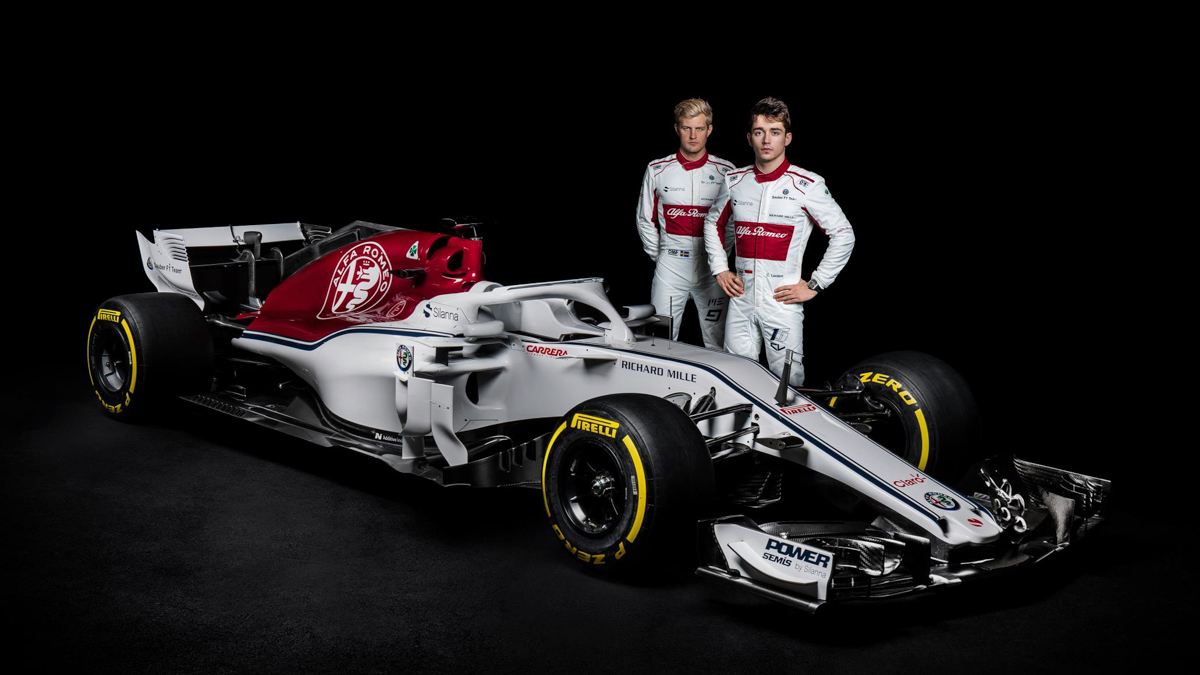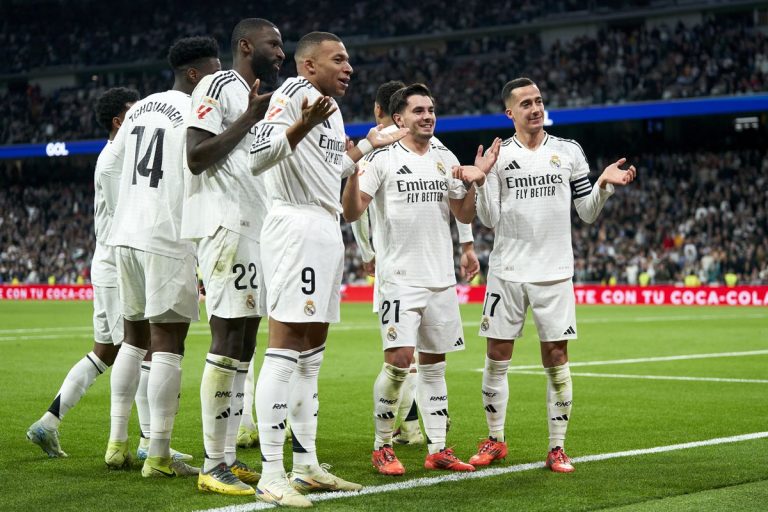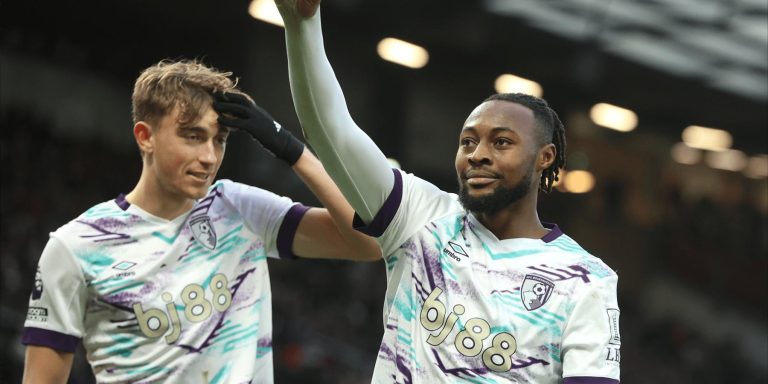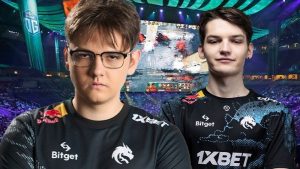Otmar Szafnauer, Chief Executive Officer and Team principal of Racing Point Force India, appreciated Alfa Romeo Sauber F1 Team competence to bring high performance on track with their new C37 challenger. He appreciated how Sauber confronted and progressed through their efforts to put-up the show at F1 tracks.
Last year, Sauber F1 team could only hold the last position with just five points. The team tailed McLaren with its 30 points on constructor standing as it struggled with their old Ferrari engine last year.
Swiss team switched the power unit for the current season, but failed to perform at season opening in Australian Grand Prix. However, the team managed to enhance their performance through the season and have challenged multiple teams at Q3. They also managed to take sixth position in Azerbaijan Grand Prix with the Charles Leclerc behind the wheels.
Szanfnauer, while answering a question regarding his opinion on Sauber’s progress, said: “I don’t know how they had such a steep development curve.
“I think they outdeveloped the top teams this year from last year. From where they ended last year to where they are now, they outdeveloped everybody.
“I don’t know how that happens with a small team, but we’ve got to figure that out, because they’re smart guys.”
Sauber managed to convince 2007 world champion Kimi Raikkonen to return to the team for the next season. He will be switching the seat with Charles Leclerc and will be driving alongside Ferrari’s protege Antonio Giovinazzi.
Sauber has improved its standing to eight place this year with two GP’s left. The team, if manages to find a place among top 10 team at Brazil or Abu Dahbi, will finish the season with better position in past five years.
Szafnauer raised the alarm that Sauber might suffer they pushed more in development of C37 rather than focusing their resources for next year.
“I don’t know when they stopped developing this year’s car, because we stopped quite a long time ago to focus on next year,” he said.
“If they continued developing this year’s car in areas that don’t translate to next year, than it can hurt them.
“If it translates, if what you learned this year works next year too, than it doesn’t hurt. They can apply it.
“But I am impressed with their development rate, [it’s] very, very impressive.”
















